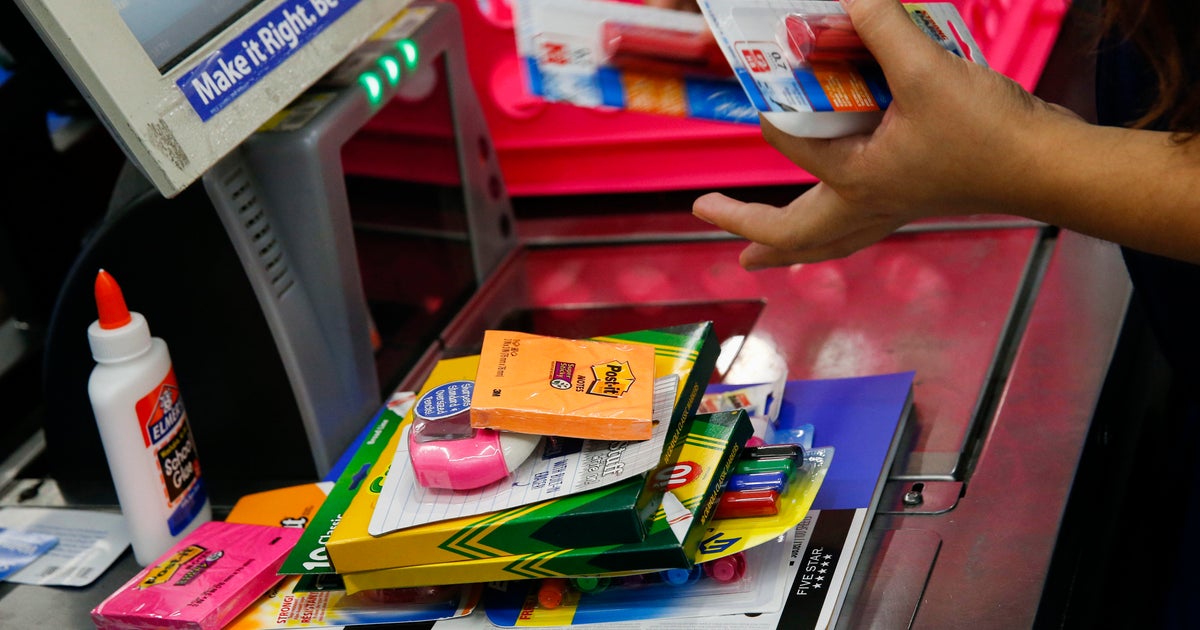Holiday shopping season is peak time for crime. Here's how to protect yourself from fraud
MIAMI — It's that time of year more people are out and about spending money.
The holidays mean more people are whipping out their cards and spending money.
While many are protecting the purchases they make, they aren't thinking about falling victim to criminals by swiping their cards.
"They gear up and they look for different ways on how can we make everyone a victim. How can we steal from somebody? How do we take their identity? How is it that we watch them put their guard down and pray on them," said Miami-Dade Public Information Officer Alvaro Zabaleta.
The shopping season is a peak time for crime. And, Miami-Dade Police say while you are moving through crowded stores, consider your payment method. Instead of paying with a debit card, pay using a credit card.
"The bank will always return the money too. But, banks have a separate procedure and it just takes that much longer. And unfortunately, if you use that bank card it directly goes to that bank account. And, we need to live. That's the bank account you use to buy gas, buy food, pay your bills," Zabaleta said.
Regarding paying in person? Police say you should never let the card out of your sight because of the possibility of your information being stolen.
"Make them swipe it right there in front of you. If they say well I need to go to the back because the machine is in the back, say 'I'll go with you.' But, don't lose sight of your card," Zabaleta said.
A cyber security expert who helps people every day after they fall victim to online scams says there is a new trend they are seeing pop up with online shopping crimes.
"The important thing is to use your credit card. If someone is asking you to pay through Zelle or crypto or a gift card -- that is a red flag," said Ark Solvers founder Reginald Andre.
He also says while shopping online proceed with caution on sites.
"If you get an email and you don't deal with merchant don't open it. The second thing is if a deal is too good to be true, if something is almost $100 and all of a sudden they're trying to get you to buy it for $20. If it's too good to be true. It probably is," said Andre.




